
Best Daycare in Carrollton Georgia
Give us a call @ (678)601-3067
Growing Hearts and Hands
At Growing Hearts and Hands, we believe that every child deserves a nurturing environment where they can thrive academically, socially, and emotionally. Our state-of-the-art facilities and dedicated educators are committed to providing personalized learning experiences tailored to each child's unique needs.
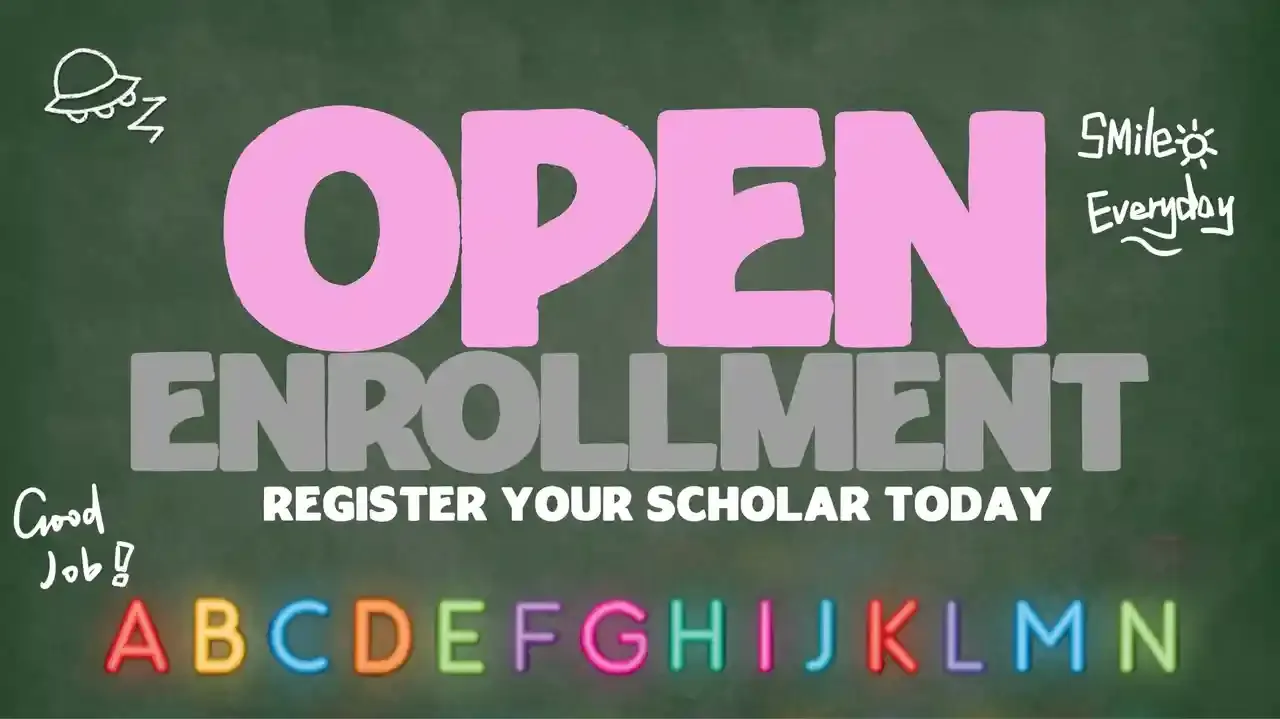
Why Choose Growing Heart and Hands?
Customized Learning Plans:
We develop individualized learning plans that cater to your child's specific learning style and pace, ensuring optimal growth and development.
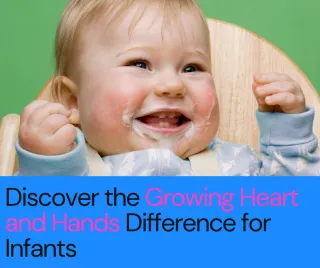
Qualified and Caring Educators:
Our team comprises certified professionals trained in early childhood education, CPR, and first aid, dedicated to fostering a safe and supportive learning environment.
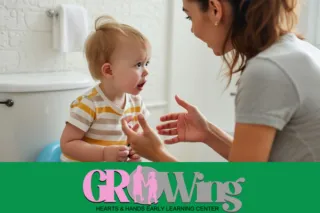
Safe and Engaging Environment:
Our secure facilities are equipped with interactive play areas that encourage exploration and creativity, promoting holistic development.
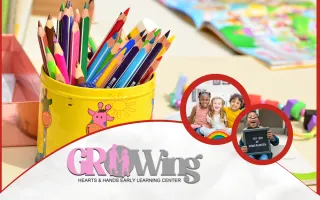
Give us a call @ (678)601-3067
Schedule a Tour Today
Experience firsthand the vibrant learning community at Growing Hearts and Hands. We invite you to schedule a tour and discover how we can partner with you in your child's educational journey.


Learning for your Pre-Schooler
Three-year-olds are able to solve more and more problems, figure out unique ways to do something, and want to find out why – a lot! Learning Beyond helps you become a strong model, allowing children time to try and work through challenges while you ask important questions or provide support to children’s learning. Children’s skills in all developmental areas grow with these continued opportunities to be actively engaged in their learning and trusted as a learner. Learning Beyond provides quarterly benchmarks to help you stay focused on age-appropriate growth and excited learners.
Give us a call @ (678)601-3067
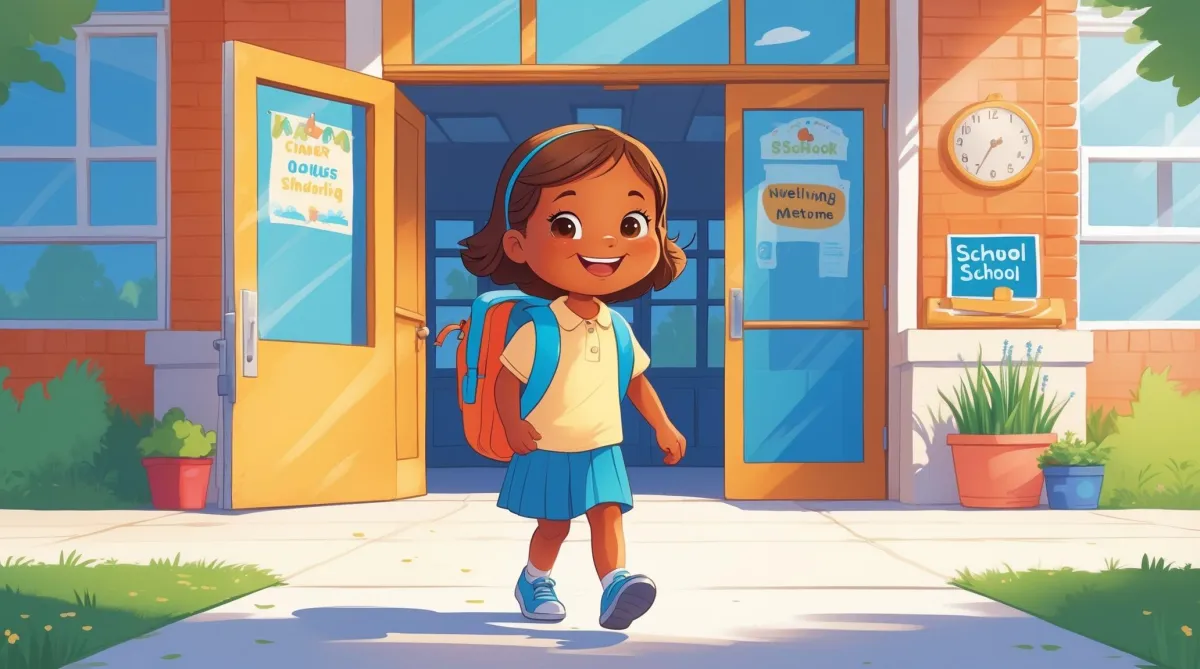
School Readiness 101: Building Confidence, Independence, and Routine
School Readiness 101: Building Confidence, Independence, and Routine
Helping Your Child Step Into School With a Smile
Starting preschool or kindergarten is a major milestone—not just for your child, but for you as a parent. It marks the beginning of their journey into independence, learning, and social growth. But let’s be honest—it can also come with worry.
“Are they ready?”
“Will they know what to do?”
“Can they handle the transition?”
The good news? School readiness isn’t just about knowing letters and numbers. It’s about confidence, independence, and daily routines that help your child feel secure, capable, and excited to learn.
In this post, we’ll walk you through what school readiness really means—and how to build it one simple step at a time.
What Is School Readiness?
School readiness refers to a child’s social, emotional, physical, and cognitive preparedness for structured learning environments like preschool or kindergarten. It’s not about being perfect—it’s about being equipped with foundational skills that allow children to adjust, engage, and grow.
Why Confidence, Independence, and Routine Matter Most
While academic skills (like knowing ABCs or counting to 10) are helpful, research and educators agree: social-emotional and self-help skills are even more critical in those early weeks.
Here’s why these three areas are the real game-changers:
1. Confidence: The Key to Participation
Children who feel secure in themselves are more likely to:
Ask questions
Try new activities
Build friendships
Recover from small setbacks
How to support confidence at home:
Let them make small choices (e.g., “Which shoes will you wear today?”)
Praise their efforts, not just the outcomes
Role-play classroom situations (“What will you say if you need help?”)
2. Independence: The Backbone of Daily Success
Teachers often say that self-help skills are what make the biggest difference. Children who can manage small tasks feel more in control of their environment.
Key independence skills include:Putting on and zipping a jacket
Using the toilet without assistance
Opening a lunchbox or snack container
Tidying up after play
Try this at home:
Turn these skills into a fun “Let’s Get Ready” challenge or checklist. Make it visual and celebratory!
3. Routine: The Anchor for Transitions
Predictable routines reduce anxiety. When kids know what to expect, they can focus more on learning and less on coping.
Establish routines for:Morning prep (wake, dress, eat, brush, pack)
After-school wind-down (snack, play, talk, relax)
Bedtime (bath, story, cuddle, lights out)
Tip: Start your “school schedule” at least 1–2 weeks before the first day to ease the transition.
What If My Child Isn’t Fully Ready?
That’s okay. Readiness looks different for every child. What matters most is that they are growing toward independence and learning how to adapt.
Offer reassurance, provide structure, and stay connected. And remember—you’re not alone. Teachers, caregivers, and your child’s peers are all part of the support team.
Final Thought:
School readiness isn’t about doing everything perfectly—it’s about building the habits, mindset, and routines that help your child feel ready enough. And with your support, they’ll do more than just adjust—they’ll thrive.